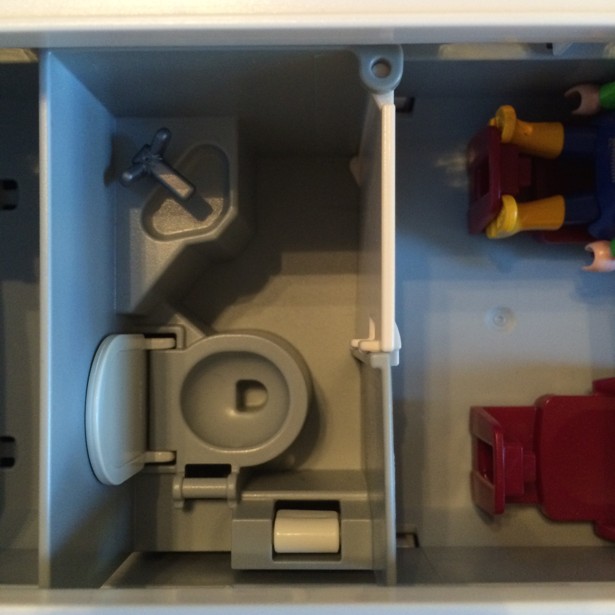
Gender in Flight
Gender politics have by no means disappeared up in the sky. Still, airplanes prove that some gender battles have already been settled.

Gender in Flight
Gender politics have by no means disappeared up in the sky. Still, airplanes prove that some gender battles have already been settled.

Where Do Flags Come From?
National flags are streamlined symbols, easily recognizable and replicable. A sense of identity and a set of values can be invoked with a simple set of colored stripes and stars.

The Enduring Unpopularity of the Female Condom
It’s clear that female condoms save lives, but over a quarter-century since their introduction, the apparatus remains unappealing and unpopular.
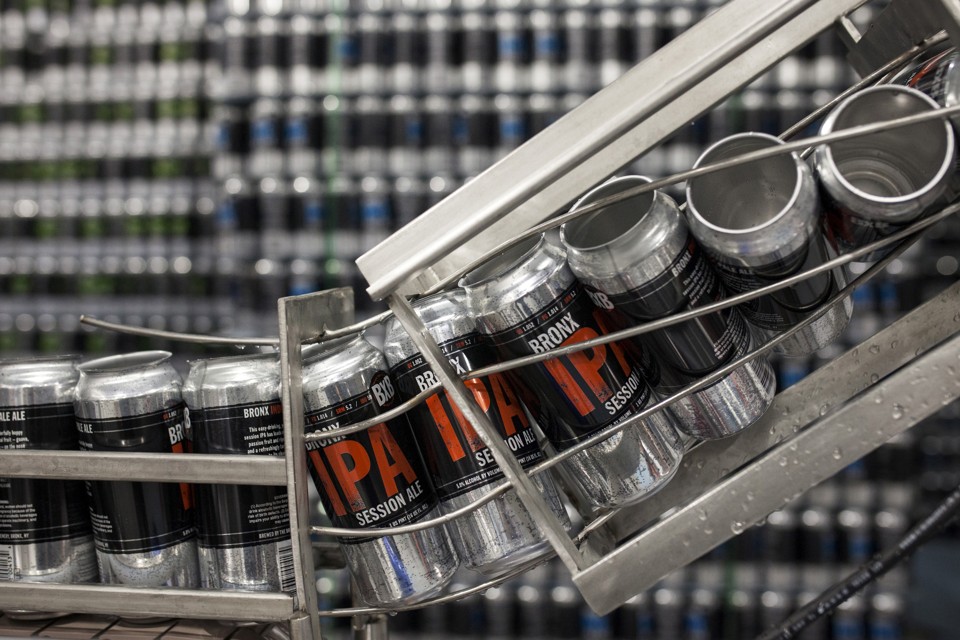
The Rise of the Beer Can
Beer is ancient, and humans have been storing it for millennia.

The Smoke Alarm Chirps at Night
Ever wonder why smoke alarms always seem to chirp in the middle of the night? It seems like the ultimate evidence that the universe is plotting against you. But, alas, it’s mostly just the universe chugging along as usual.

How Home Sewing Personalized Fashion
Repairing clothing is more intimate than creating them. Compared to a sewing kit, even the most space-age sewing machine can seem cold and dull.

Ketchup’s Forgotten Wisdom
The classic condiment dispensers of yore, with their cylindrical, plastic bodies and needle-tipped openings: these are the most functional vessels for doling out dollops.

Why Doctors Still Need Stethoscopes
The stethoscope isn’t a tool, anymore, but a metonym for bedside manner.
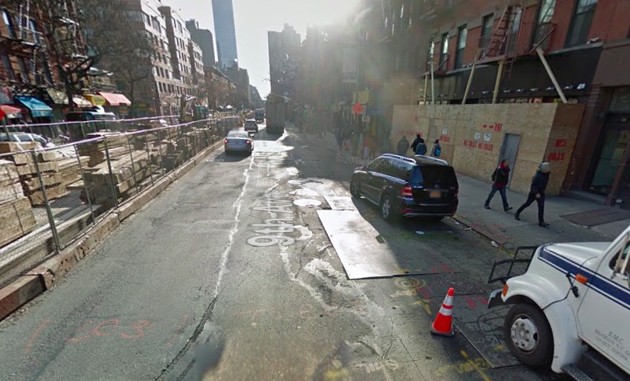
The Steel Road Plate, Accidental Traffic Calmer
America’s decaying infrastructure can be seen in high-profile disasters like the lead contamination of the water supply in Flint, Michigan. But other, more mundane infrastructural nuisances plague our cities far more regularly. Among them: the increasingly ubiquitous steel road plate.

Why Refrigerators Were So Slow to Catch On in China
The usefulness and necessity of the refrigerator depends on a number of factors that are not obviously related to the thing itself, from food packaging to the layout of communities to the length of school lunch breaks.

Learning From the Swinging Bridge
Rural swinging bridges were (and still are) vernacular architecture based on local knowledge and materials, but technically, they are suspension bridges just like the Golden Gate.
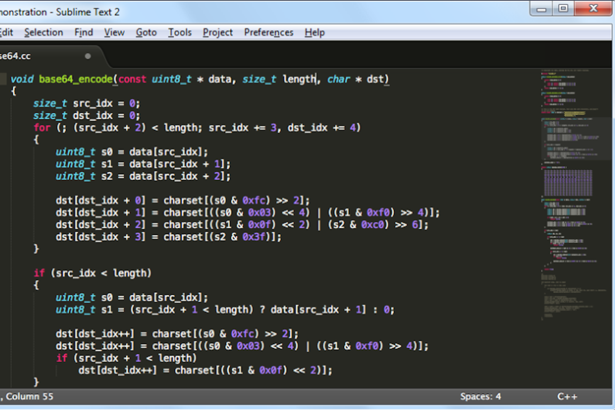
The Pleasure of the Text Editor
When it comes to word processing, all too often white-collar workers produce documents when all they really need is text.

The Mug, Scaffold of Office Work
In cupboards, a mug is just a mug. But in the office, a mug becomes the fundamental prop of the professional.
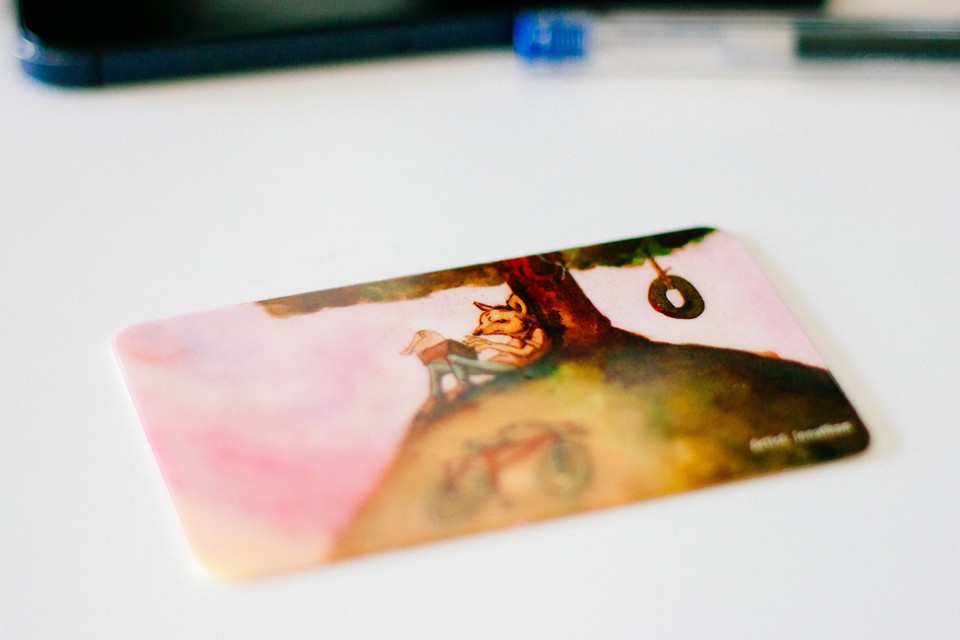
Is the Library Card Dying?
In the pre-computer era, library cards were just one part of a complex system that kept track of book loans and returns. But the need to issue a physical card at all may be disappearing. With smartphone apps, cardholders can input their numbers and produce a bar code that can be scanned, with no need for the actual card.

A History of Wallpaper’s Deception
The flipside of wallpaper’s affordable appeal was that it received a stigma it’s never fully gotten rid of. Wallpaper “has never quite thrown off the taint [of] being a cheap imitation.”

Not Your Grandmother’s Meatball
The meatball is a staple of Italian restaurants across America, from the lowly Olive Garden to the white tablecloths of upscale Manhattan eateries. But the meatballs you’ll get at Olive Garden are nothing like those found in Italy. Writing in Smithsonian, Shaylyn Esposito explains that Italian meatballs, known as polpettes, are considerably smaller than their American brethren.
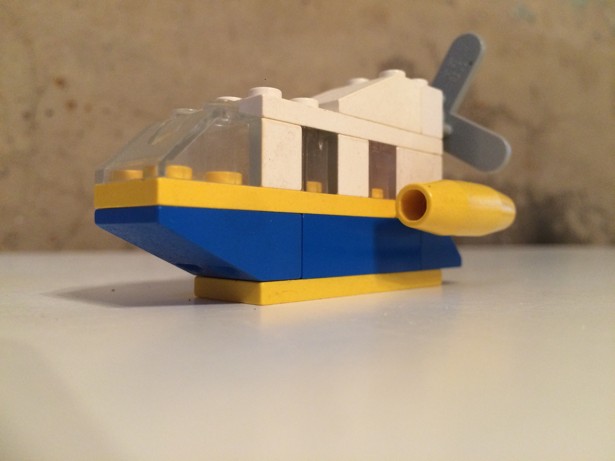
The Season of Small Toys
The names of Lego toys in the 1980s show that the age of excess was ramping up, replete with all the hyperbolic promises of eternal growth in newly-unregulated industry.

What Engineers Can Learn From the Design of the Penis
The concept of using the design of the penis for other purposes is part of an established field called biomimicry, the science of applying nature’s design lessons to human problems.

Our Reactor in the Sky
Though humans organize our schedules around the clock, Daylight Savings reminds us that our lives, like our planet, revolve around the sun.
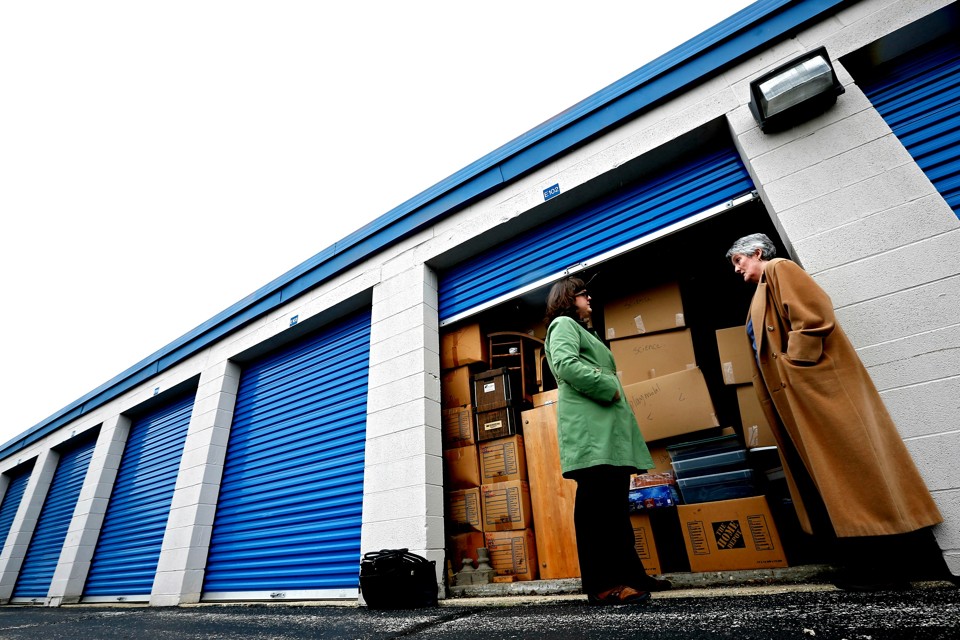
Finding Solace in a Storage Unit
We refuse to let go of our possessions, even as our lives propel us away from them. Our stuff and our hearts are hard to separate.